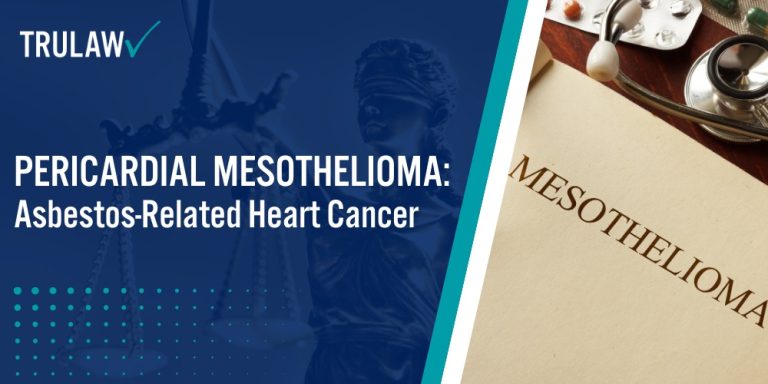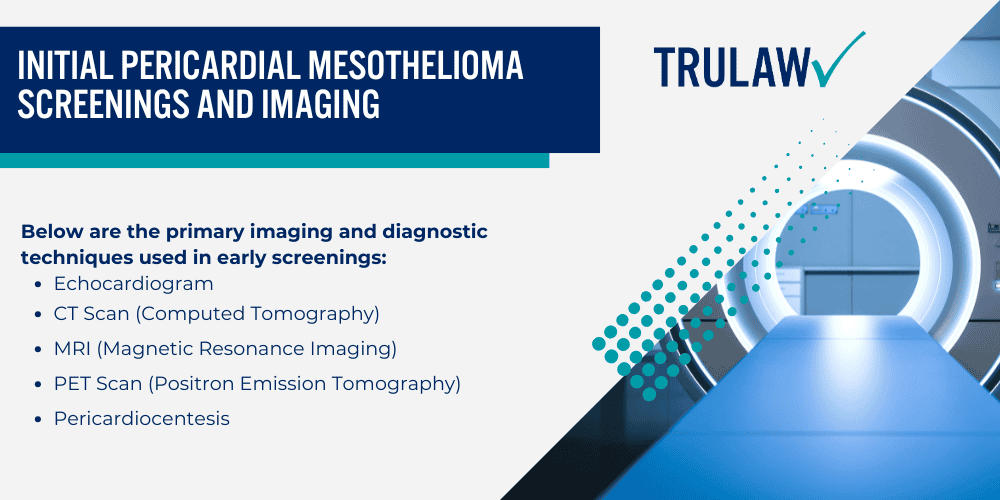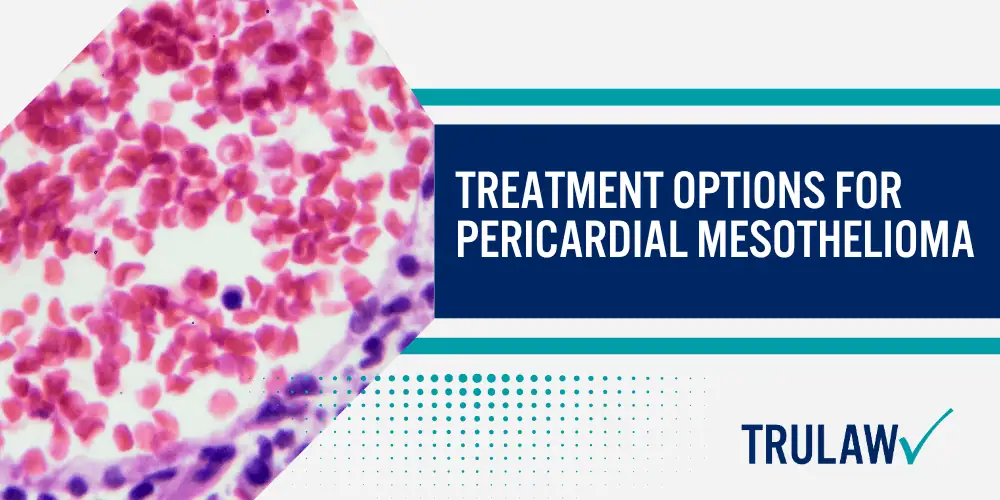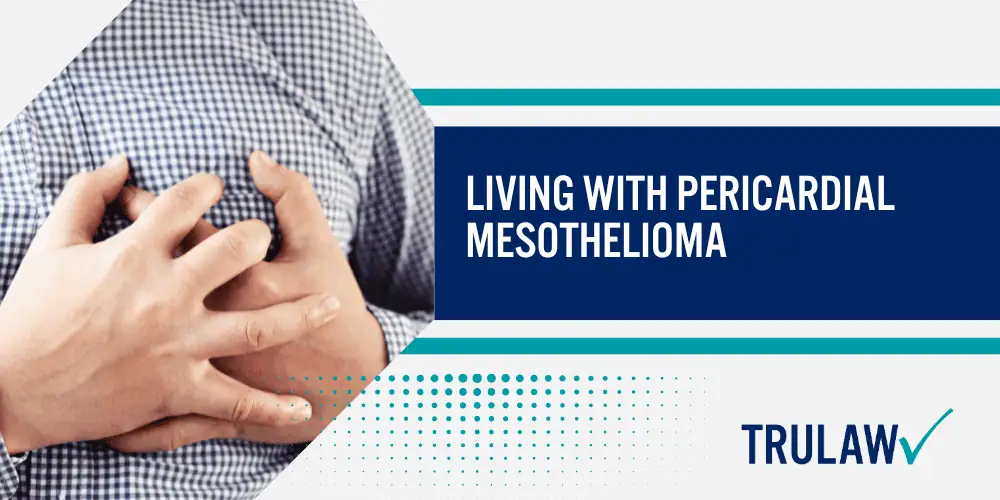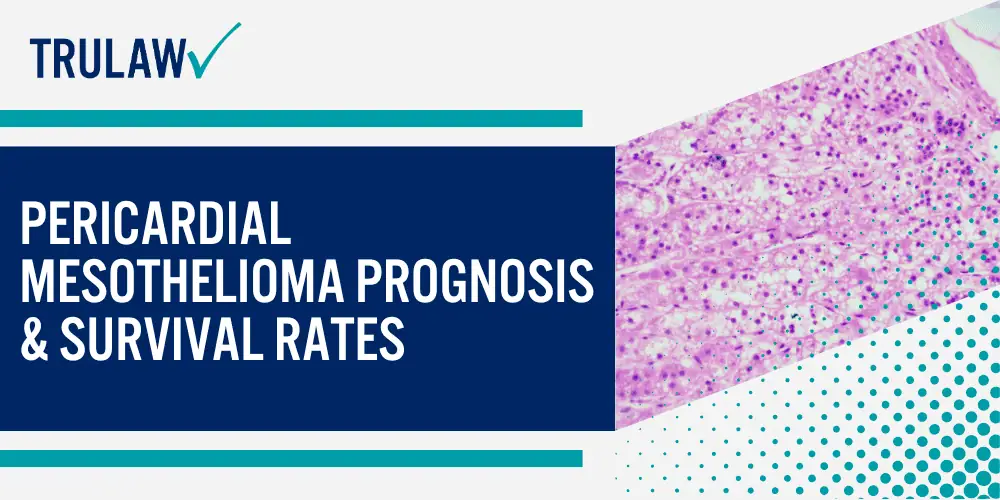Symptoms of pericardial mesothelioma often develop rapidly and may initially be misinterpreted as other heart conditions, such as pericarditis or heart failure.
This asbestos-related cancer primarily affects the lining of the heart, leading to symptoms that can be severe and rapidly progressing.
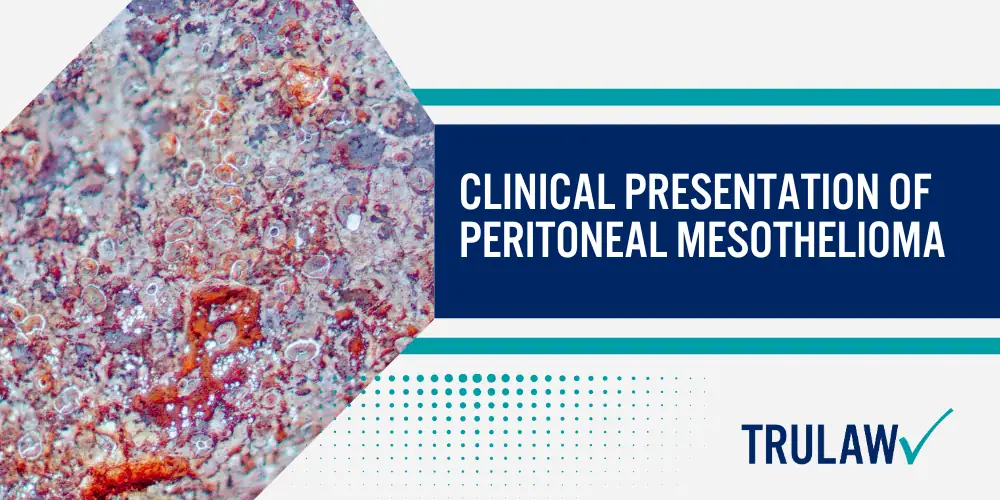
Early recognition of these symptoms is challenging due to their nonspecific nature, frequently resulting in delayed diagnosis.
Pericardial Mesothelioma: Early Signs & Symptoms
The early symptoms of pericardial mesothelioma include chest pain, shortness of breath, and fatigue, which can be subtle and easily overlooked.
These initial symptoms are often mistaken for cardiovascular diseases, delaying diagnosis until the disease progresses.
Initially, chest discomfort may feel sporadic, and shortness of breath may seem negligible, particularly in individuals without a known asbestos exposure history.
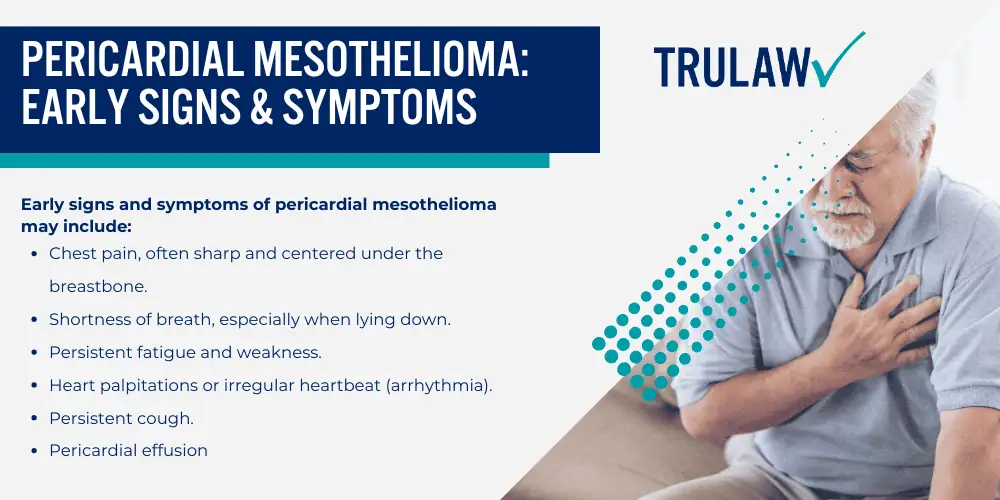
Early signs and symptoms of pericardial mesothelioma may include:
- Chest pain, often sharp and centered under the breastbone.
- Shortness of breath, especially when lying down.
- Persistent fatigue and weakness.
- Heart palpitations or irregular heartbeat (arrhythmia).
- Persistent cough.
- Pericardial effusion, or fluid buildup around the heart, causing increased chest discomfort and breathing difficulties.
Individuals experiencing any combination of these symptoms, especially those with a history of asbestos exposure, should consider seeking a medical evaluation.
Detecting these symptoms early offers a better opportunity for diagnosis in early disease stages, which can be critical in managing progression.
Progression of Pericardial Mesothelioma Symptoms
As pericardial mesothelioma advances, symptoms can become more pronounced and significantly affect daily life.
Individuals may experience severe chest pain, difficulty breathing, and symptoms of heart failure.
These intensified symptoms are often accompanied by fluid accumulation around the heart (pericardial effusion) and reduced cardiac function.
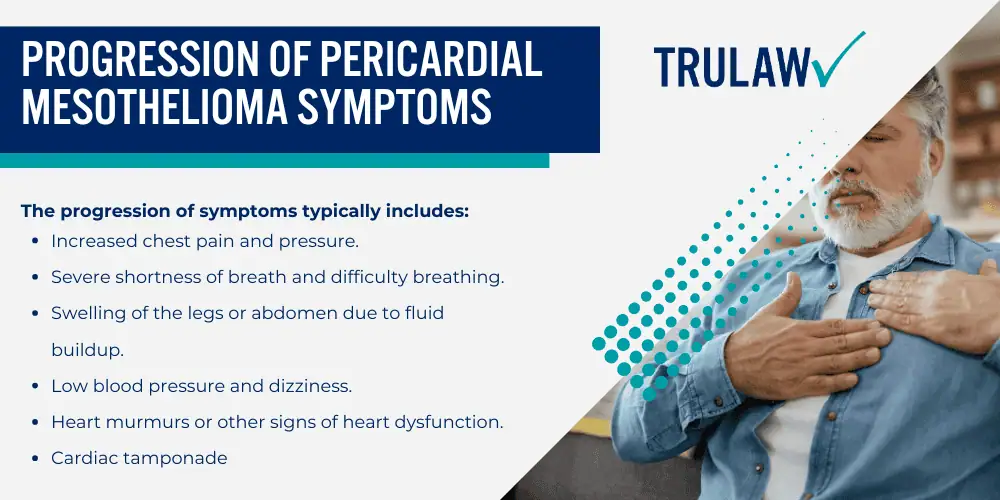
The progression of symptoms typically includes:
- Increased chest pain and pressure.
- Severe shortness of breath and difficulty breathing.
- Swelling of the legs or abdomen due to fluid buildup.
- Low blood pressure and dizziness.
- Heart murmurs or other signs of heart dysfunction.
- Cardiac tamponade, a life-threatening condition where fluid accumulation compresses the heart, impairing its ability to pump blood effectively.
In advanced stages, symptoms can severely impact the quality of life and may limit treatment options.
Recognizing these signs promptly is essential, especially for those with an asbestos exposure history, as early intervention may improve prognosis and symptom management.
